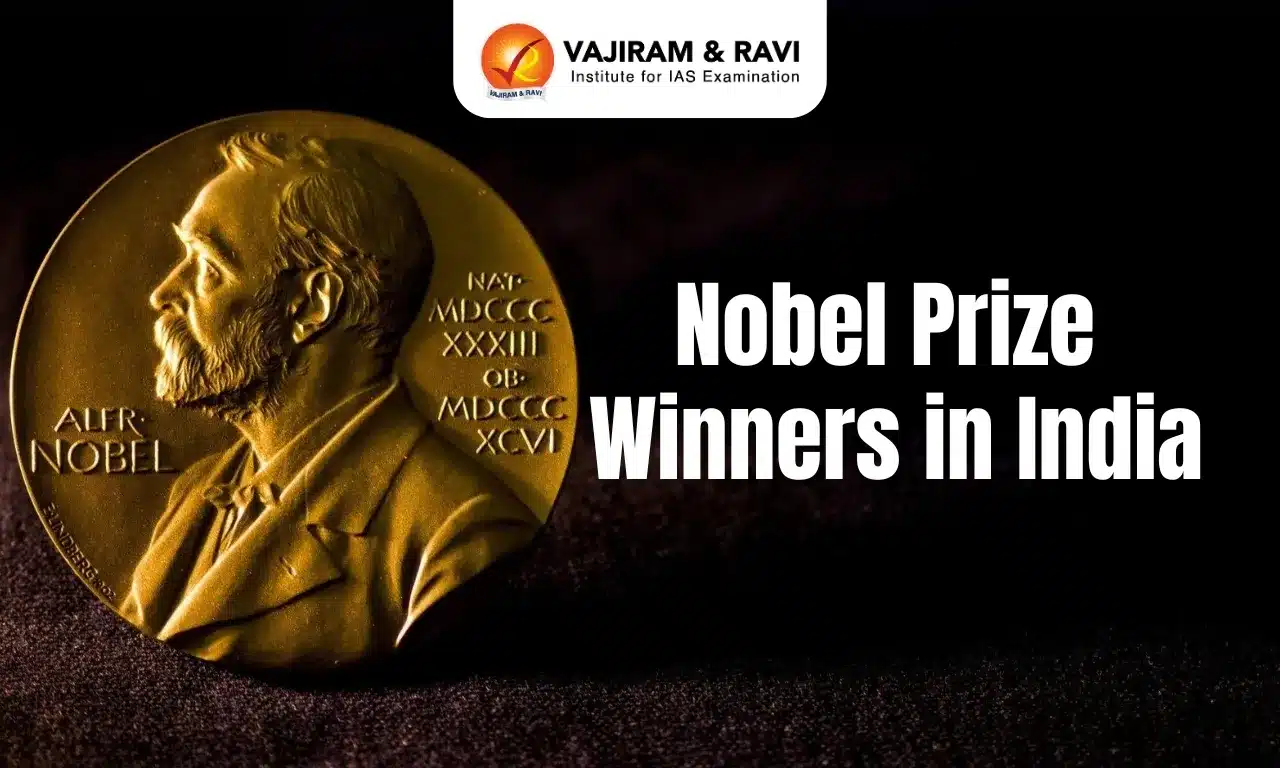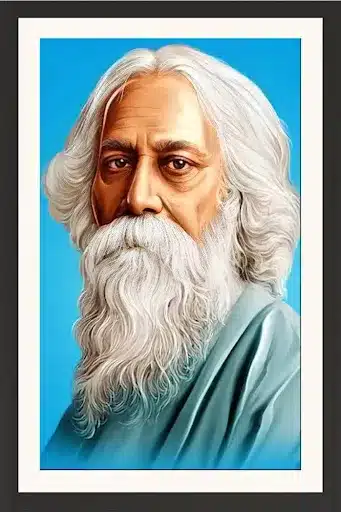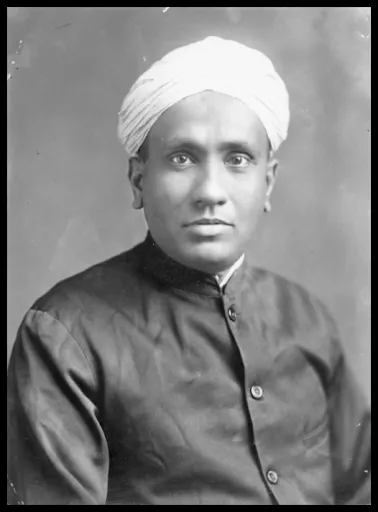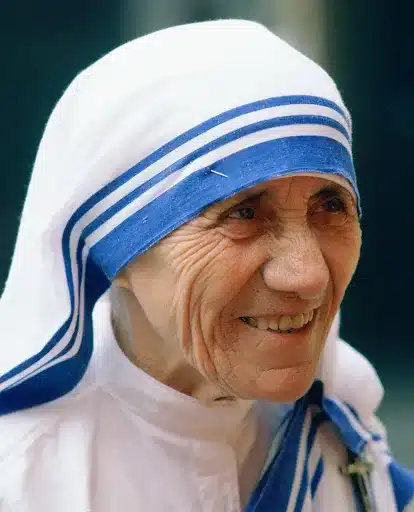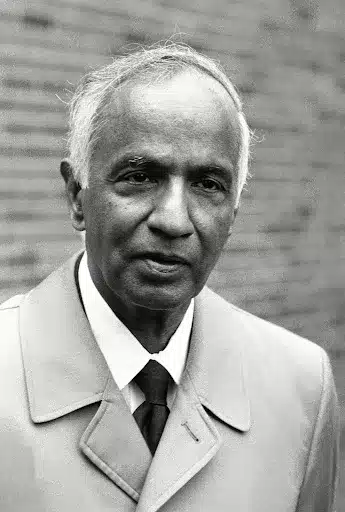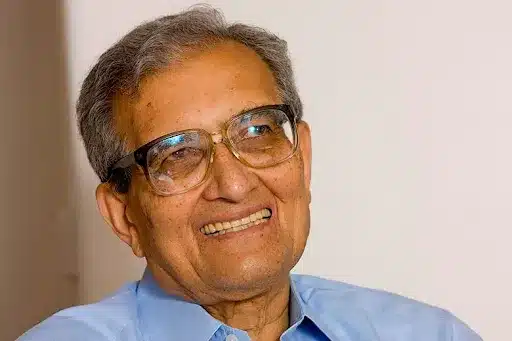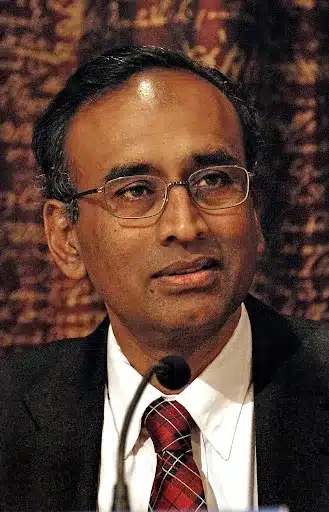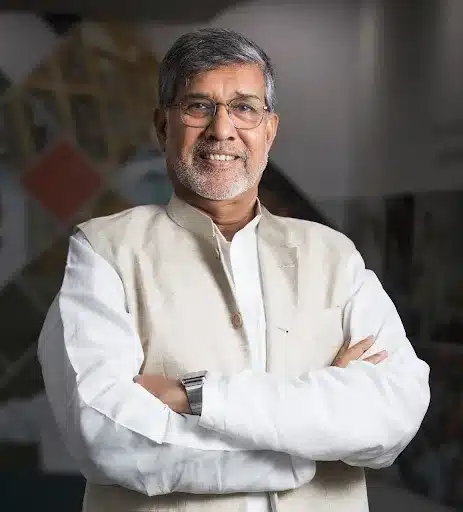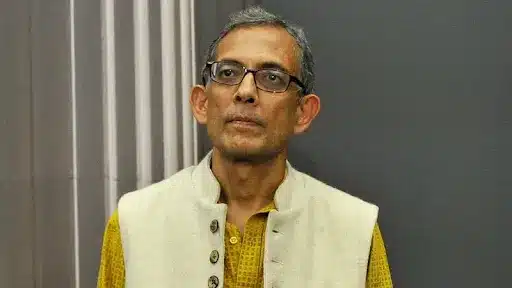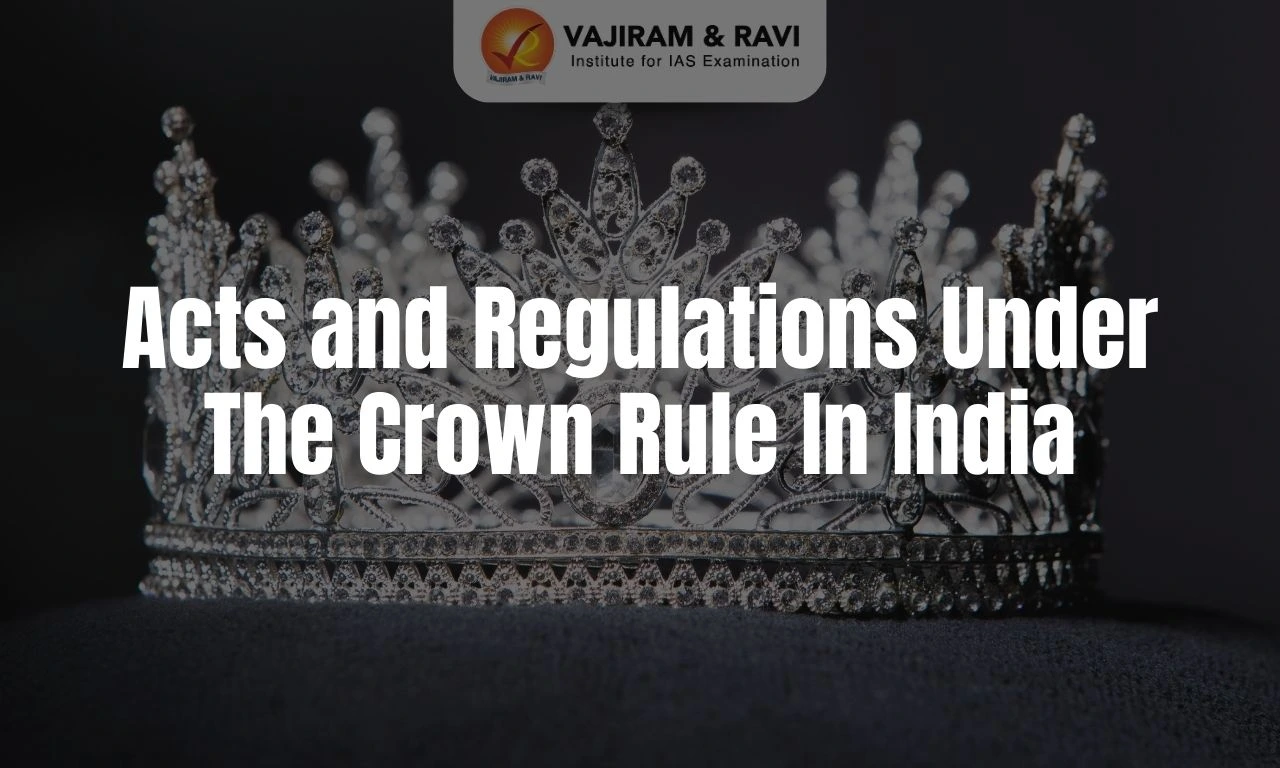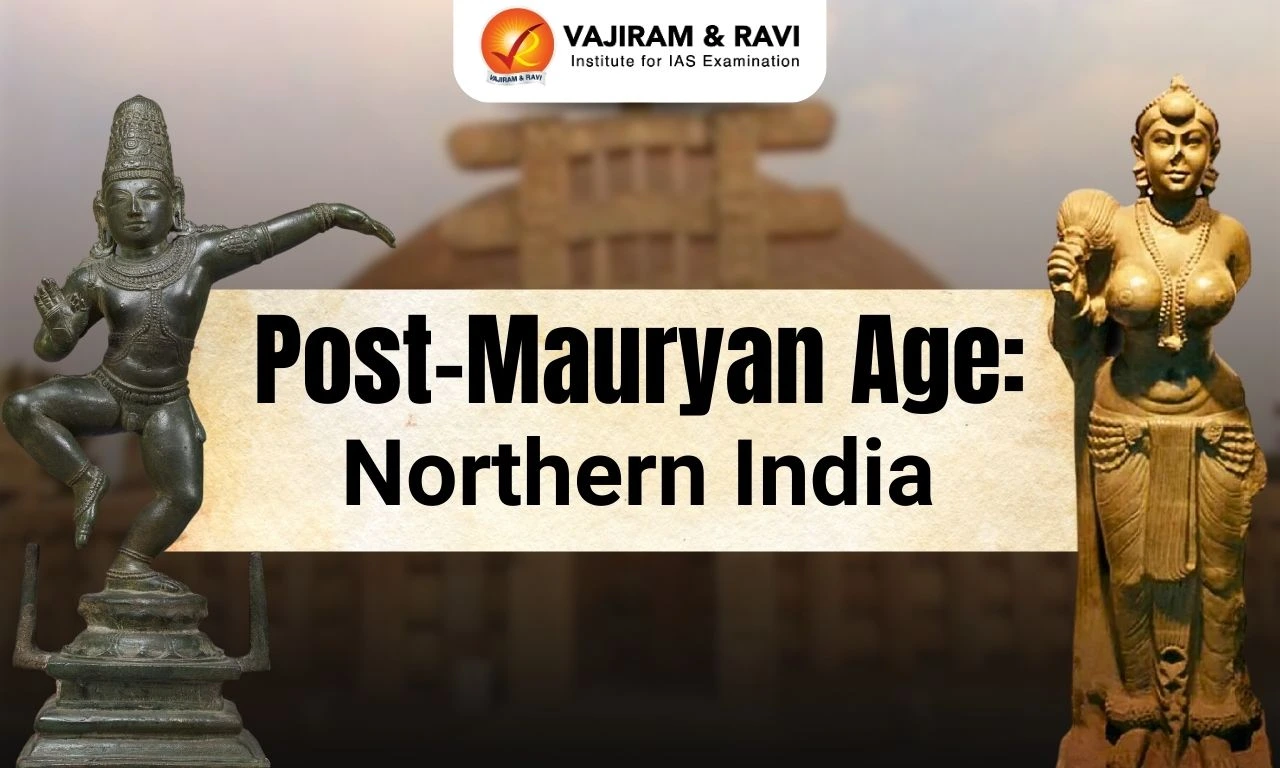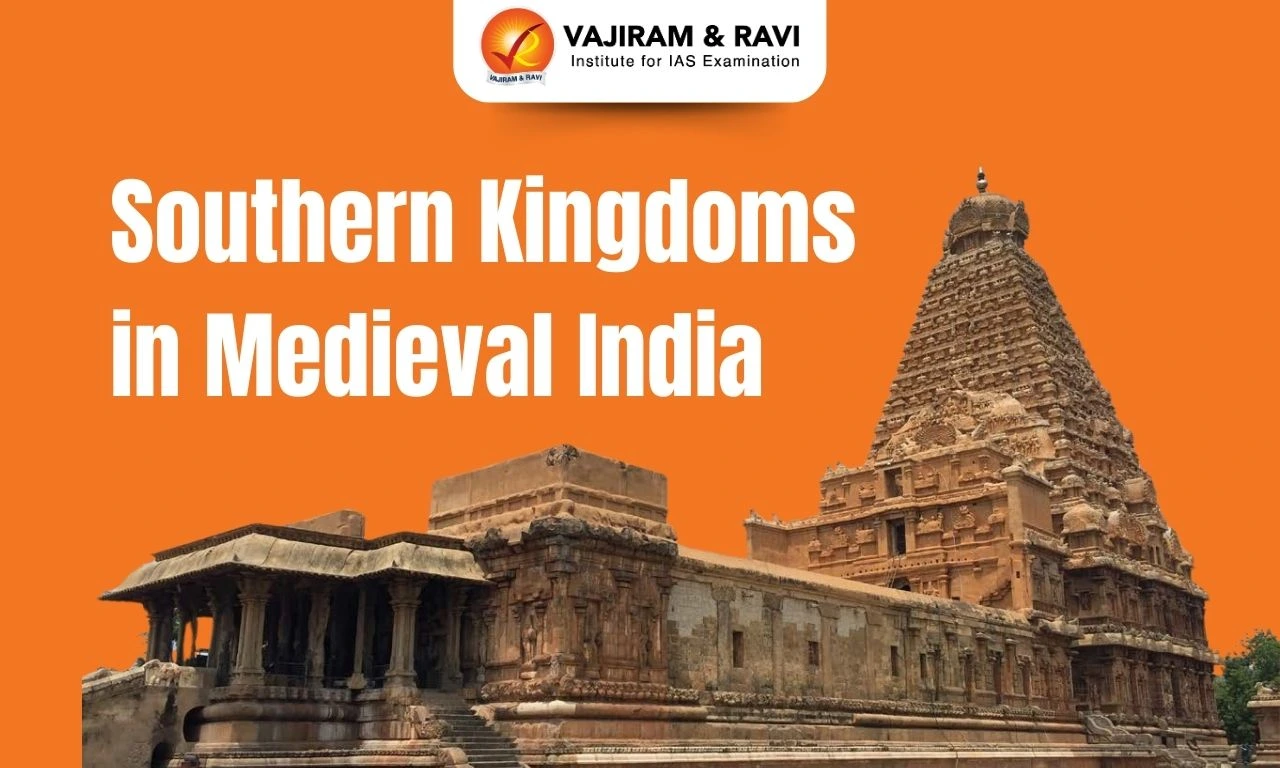The Nobel Prize is the most prestigious award and is a recognition of individuals who make significant contributions to humankind in various fields. It was founded in 1895 by the Swedish scientist Alfred Nobel, who is most famous for the invention of dynamite. The first such prizes were given in 1901 and since then, hundreds of individuals and a few organisations have attained this distinguished award.
Indians too have made significant contributions and, therefore, have succeeded in getting this honour. Rabindranath Tagore, a renowned Indian poet, was the first Indian to receive the Nobel Prize in 1913 and since then, Indians have been able to win the prize in each of the six categories (including Tagore).
List of Indian Nobel Laureates
Five Indians, Rabindranath Tagore, Sir CV Raman, Mother Teresa, Amartya Sen, and Kailash Satyarthi, had Indian citizenship while receiving the award, whereas H. Khorana, S. Chandrasekhar, Venkat Ramakrishnan, and Abhijit Banerjee were Indians by birth but later became non-citizens of India. The individual Indian Nobel laureates are listed below:
| S.No | Name | Year | Category |
|
1 |
Rabindranath Tagore |
1913 |
Literature |
|
2 |
C. V. Raman |
1930 |
Physics |
|
3 |
Har Gobind Khorana |
1968 |
Physiology/Medicine |
|
4 |
Mother Teresa |
1979 |
Peace |
|
5 |
Subrahmanyan Chandrasekhar |
1983 |
Physics |
|
6 |
Amartya Sen |
1998 |
Economics |
|
7 |
Venkatraman Ramakrishnan |
2009 |
Chemistry |
|
8 |
Kailash Satyarthi |
2014 |
Peace |
|
9 |
Abhijit Banerjee |
2019 |
Economics |
Read About: Nobel Prize Winners 2025
Rabindranath Tagore - First Nobel Prize in India
Rabindranath Tagore, the first Indian Nobel laureate, received the Nobel Prize in Literature in 1913 for his beautifully crafted verse in Geetanjali, blending Indian and Western literary traditions.
- Tagore was awarded the Nobel Prize in 1913 for his profound and beautiful poetry, expressed in both Bengali and English.
- His literary works cover poetry, songs, stories, plays, philosophy, and social issues, blending Indian and Western influences.
- Geetanjali was the book that earned him the Nobel Prize, known for its themes of peace, harmony with nature, and the soul’s tranquility.
- Tagore's writing resonated with both Indian and Western audiences, with his translated English poetry gaining a global following.
Sir CV Raman Nobel Prize Winners in India
Sir CV Raman is renowned for his research on the Raman Effect, or the scattering of monochromatic light through a transparent medium.
- For this work, he was bestowed with the Nobel Prize in Physics in 1930. He was the first Asian to receive such honours.
- Numerous applications of the Raman Effect (scattering) are based on its ability to reveal information about molecular vibration and rotational energy.
Har Gobind Khorana Nobel Prize Winners in India
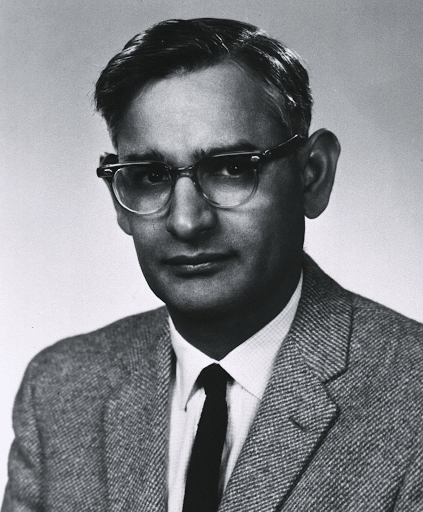
Har Gobind Khorana was awarded the 1968 Nobel Prize in Physiology or Medicine for his groundbreaking work in deciphering the genetic code and its role in protein synthesis.
- Khorana shared the Nobel Prize with Marshall Nirenberg and Robert Holley for interpreting the genetic code and its function in protein synthesis.
- Genetic information is transferred from DNA to RNA and then to protein, with amino acids corresponding to specific DNA sequences.
- Khorana contributed by using enzymes to construct RNA chains and synthesize proteins, revealing crucial details of the genetic code.
- His research helped complete the understanding of how proteins are made based on genetic instructions.
Mother Teresa Nobel Prize Winners in India
Mother Teresa received the Nobel Peace Prize in 1979 for her dedicated work in alleviating human suffering. She founded the Missionaries of Charity and became a global symbol of compassion.
- Born Agnes Gonxha Bojaxhiu in 1910 in Skopje, Mother Teresa became a nun at 18 and moved to India.
- After teaching at St. Mary's High School in Calcutta, she focused on helping the poor and vulnerable in slums.
- In 1950, she founded the Missionaries of Charity, a religious organization dedicated to caring for the marginalized.
- Mother Teresa received multiple honors, including the Pope John XXIII Peace Prize (1971) and the Nehru Prize (1972).
Subrahmanyan Chandrasekhar Nobel Prize Winners in India
Chandrasekhar shared the Nobel Prize in Physics with nuclear astrophysicist W.A. Fowler in 1983 "for his theoretical studies of the physical processes of importance to the structure and evolution of the stars".
- He is remembered for having shaped later research into the understanding of stellar objects, white dwarfs, and black holes.
- He is best known for the “Chandrasekhar Limit.”
- It is the maximum mass that a white dwarf star can have and still remain stable.
Amartya Sen Nobel Prize Winners in India
Amartya Sen was awarded the Nobel Prize in 1998 for his pioneering work in Welfare Economics, particularly for developing poverty indicators and analyzing the causes of famines.
- Sen's Nobel Prize recognized his contributions to Welfare Economics, enhancing tools like poverty indices and social welfare functions.
- His work focuses on assessing economic changes and directing policy to benefit society as a whole.
- Sen advanced the axiomatic theory of social choice, welfare definitions, and empirical famine studies.
- His research emphasizes the welfare of marginalized individuals and improves methods for comparing distributions of societal welfare.
- Sen also clarified conditions for collective decision-making and individual rights.
Venkat Ramakrishnan Nobel Prize Winners in India
Venkatraman Ramakrishnan, along with Ada E. Yonath and Thomas A. Steitz, was awarded the 2009 Nobel Prize in Chemistry for their groundbreaking research on the structure and function of ribosomes, a critical discovery for understanding protein synthesis and antibiotic development.
- The 2009 Nobel Prize in Chemistry was awarded for studies on ribosome structure and function.
- Ribosomes are vital for protein synthesis, translating genetic data into amino acid chains.
- Ramakrishnan's team mapped the ribosome structure in 2000 using x-ray crystallography.
- This research has played a key role in advancing antibiotic development.
Kailash Satyarthi Nobel Prize Winners in India
Kailash Satyarthi was awarded the Nobel Peace Prize in 2014 for his relentless advocacy against the exploitation of children for financial gain. His efforts have transformed the lives of over 100,000 children through education and rehabilitation.
- Satyarthi received the Nobel Peace Prize for raising awareness about child exploitation and labor.
- He set a high standard in social reforms through his Satyarthi Movement for Global Compassion.
- His organization, Bachpan Bachao Andolan, has helped over 100,000 children escape exploitation.
- Satyarthi led the Global March Against Child Labour, inspiring 103 countries to adopt ILO Convention 182.
- He successfully campaigned to include education in India's Constitution, leading to the Right to Free and Compulsory Education Act in 2009.
Abhijit Banerjee Nobel Prize Winners in India
Abhijit Banerjee, along with Esther Duflo and Michael Kremer, was awarded the 2019 Nobel Memorial Prize in Economic Sciences for their experimental approach to addressing global poverty. Their work has revolutionized the way we approach poverty eradication by using field experiments to identify effective solutions.
- The eradication of global poverty is one of humanity's most pressing issues.
- Michael Kremer, Esther Duflo, and Abhijit Banerjee developed a new method for finding the most effective solutions to poverty.
- Their approach involves breaking down poverty into smaller, more manageable questions.
- Since the mid-1990s, field experiments have tested interventions aimed at improving child health and education outcomes.
Last updated on December, 2025
→ Check out the latest UPSC Syllabus 2026 here.
→ Join Vajiram & Ravi’s Interview Guidance Programme for expert help to crack your final UPSC stage.
→ UPSC Mains Result 2025 is now out.
→ UPSC Notification 2026 is scheduled to be released on January 14, 2026.
→ UPSC Calendar 2026 is released on 15th May, 2025.
→ The UPSC Vacancy 2025 were released 1129, out of which 979 were for UPSC CSE and remaining 150 are for UPSC IFoS.
→ UPSC Prelims 2026 will be conducted on 24th May, 2026 & UPSC Mains 2026 will be conducted on 21st August 2026.
→ The UPSC Selection Process is of 3 stages-Prelims, Mains and Interview.
→ UPSC Result 2024 is released with latest UPSC Marksheet 2024. Check Now!
→ UPSC Prelims Result 2025 is out now for the CSE held on 25 May 2025.
→ UPSC Toppers List 2024 is released now. Shakti Dubey is UPSC AIR 1 2024 Topper.
→ UPSC Prelims Question Paper 2025 and Unofficial Prelims Answer Key 2025 are available now.
→ UPSC Mains Question Paper 2025 is out for Essay, GS 1, 2, 3 & GS 4.
→ UPSC Mains Indian Language Question Paper 2025 is now out.
→ UPSC Mains Optional Question Paper 2025 is now out.
→ Also check Best IAS Coaching in Delhi
Nobel Prize Winners in India FAQs
Q1. Who received India's first Nobel Prize?+
Q2. How many Nobel winners are there in India?+
Q3. Who was the last Indian to win the Nobel Prize?+
Q4. Who got 3 times Nobel?+
Q5. Who was the first female Nobel Prize winner?+



